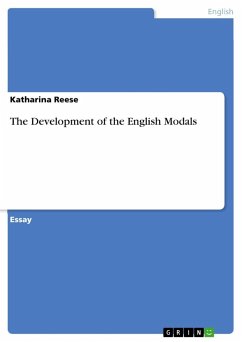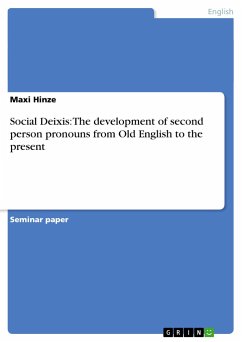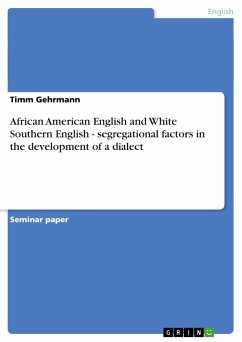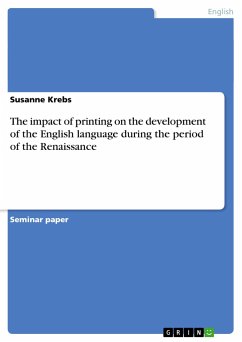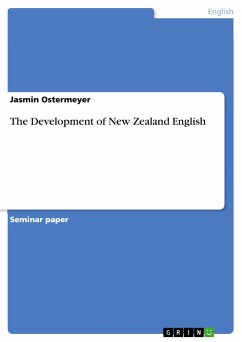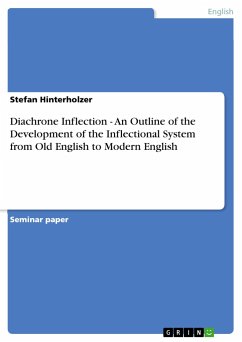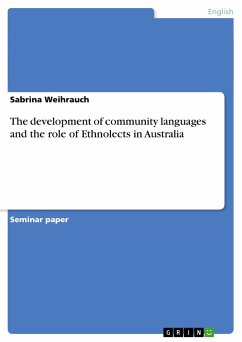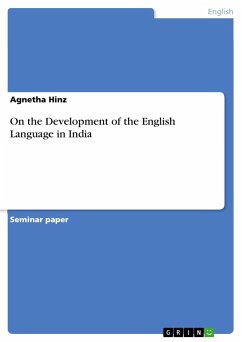Essay from the year 2007 in the subject English Language and Literature Studies - Linguistics, grade: 2,7, Free University of Berlin (Institut für Englische Philologie), course: History and Variation of English II, language: English, abstract: The question about the grammaticalization process of the modal auxiliary verbs from Old English to Modern English is a highly discussed topic among linguistics and scholars today. It is undisputed that, in the English that is spoken today, words like 'should', 'could' etc. form a separate category, or rather a subcategory, 'modal' that does not only syntactically differ from the usual English verbs, but also morphologically. That is, of course with the exception of a few regional variations such as for example Scots, but since the main focus of this paper is on the standard British and American English dialects, those regional non-standard dialects will not be taken into consideration here. For every native and average non-native speaker, it is natural that modals like 'will' for example don't take the obligatory inflectional ending -s in third person singular present. Or that 'should', 'would' or 'could' do not have past tense meaning, although the forms itself are actually a past form. And it is also natural that just those verbs, which we subcategorize as modals, will neither appear as infinitives with 'to' ('I have to will'), nor do they require 'to' in combination with regular verbs ('I should to go'). Today we instinctively know that those usual grammatical rules that regular verbs require to be followed in order to correctly be embedded in a sentence, don't apply to the modals. How did we get to this point, though?In the following paper I want to take a closer look at how the modals developed from regularly inflectional verbs, that they still were in Old English, to this new category 'modal' which is no longer a full verb that can stand alone in a sentence, but more of a grammatical function that signals either epistemic or deontic meaning.
Hinweis: Dieser Artikel kann nur an eine deutsche Lieferadresse ausgeliefert werden.
Hinweis: Dieser Artikel kann nur an eine deutsche Lieferadresse ausgeliefert werden.

